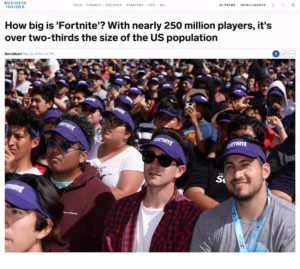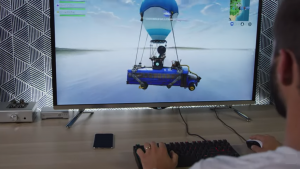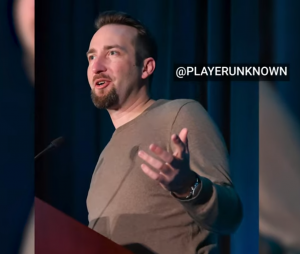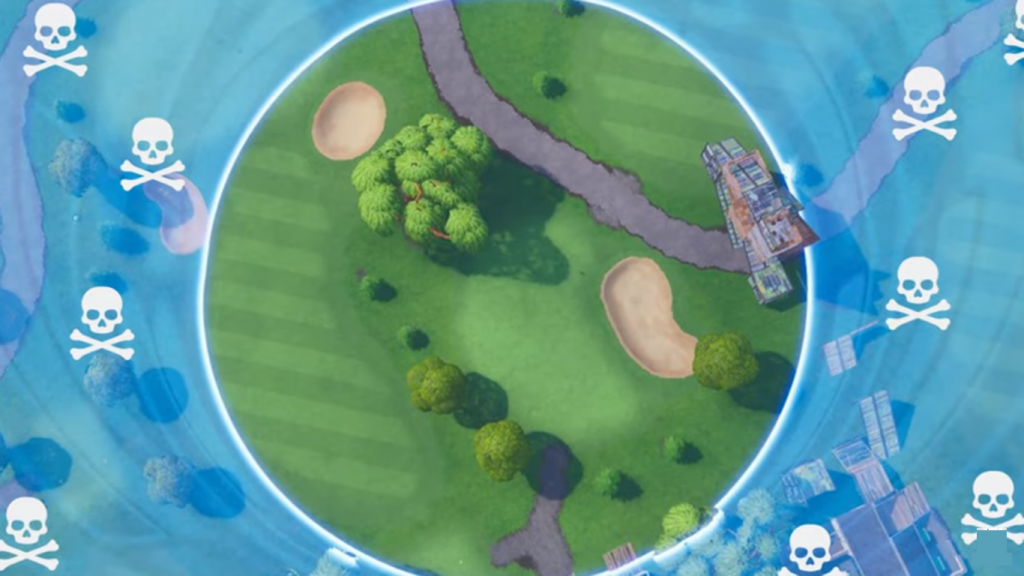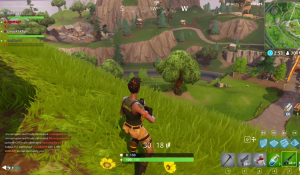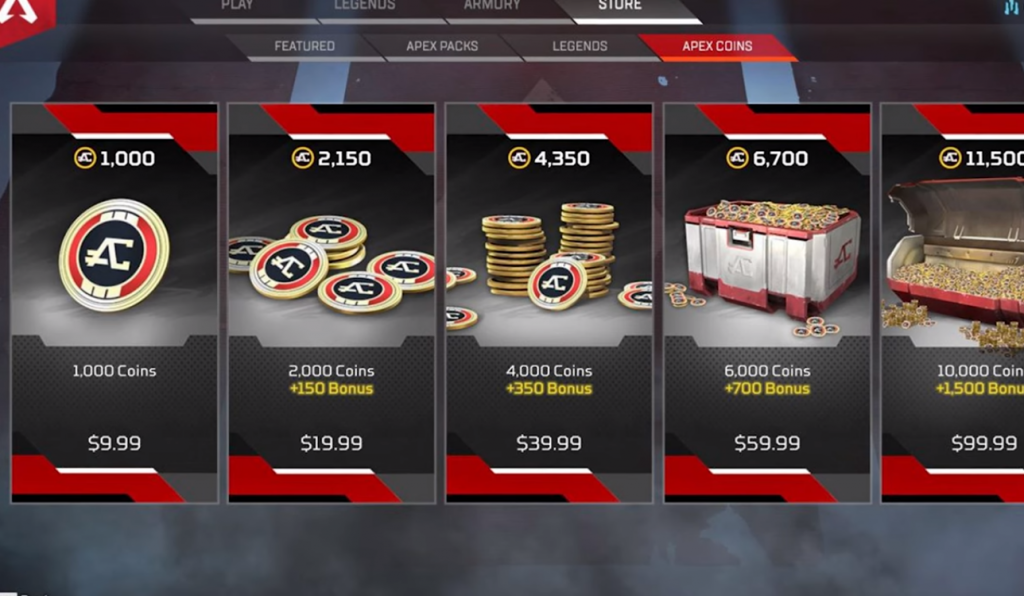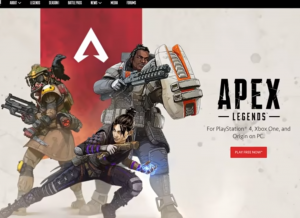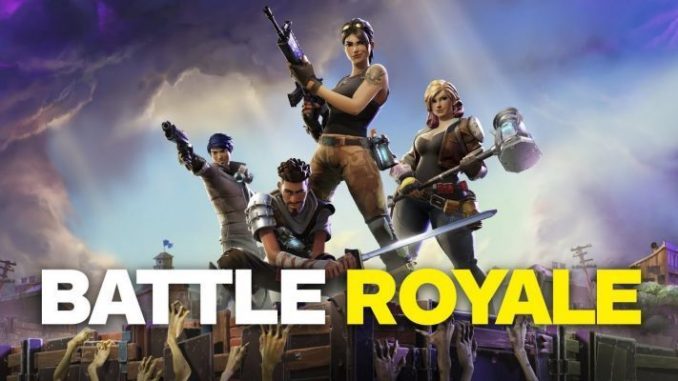
Unless you’ve been living under a rock, chances are you’ve at least heard of Playerunknown’s Battlegrounds or PUBG and Fortnite. Even if it was just from Googling, “WTF is the floss dance”.
But how exactly did these games come from seemingly nowhere to absolutely dominating the gaming marketing? Is there something they’re giving us that other titles just aren’t?
Well, as it turns out the answer appears to be yes, or at least that was the case when these games first hit the scene. You see, both PUBG and Fortnite are excellent examples of the ‘Battle Royale’ game genre, which has a number of hallmarks that distinguish them from other shooter titles. The basic premise is this, a whole bunch of players, usually 50-100 right now, with future games claiming support to up to 1000, get dropped into an arena with no or minimal supplies or weapons. Items are scattered randomly throughout the map, and overtime, the map shrinks, forcing the remaining players into a smaller and smaller area, with anyone caught outside of the safe zone getting killed. The last player or squad alive is declared the winner.
Sounds pretty simple, but many other shooters didn’t offer this kind of open exploratory, free flowing gameplay when PUBG, considered to the genre’s defining title, hit the scene in 2017, which is kind of funny because the game wasn’t even built from scratch. Instead, a player who went by the handle Playerunknown, hence the name, developed it as a mod for Arma 2:DayZ, taking inspiration from a year 2000 Japanese film called, you guessed it, Battle Royale. The fact that PUBG was a mod for an already popular game gave it instant exposure and popularity.
It presented a fresh twist on the shoot them up genre that had been dominated by the Call of Duty series and its clones for about a decade by that point. Oh, and it also didn’t hurt that the wildly popular Hunger Games film series sparked interest in games that offered a similar style of combat. But what exactly makes battle royale games so different from other shooters?
Well, part of it is the strong sense of player freedom in that you’re just fighting other individual players on a large, open map, which gives lots of leeway for different players to play the game their way.
So you don’t all have to go after this control point. Instead, some people might choose to aggressively try to blow away the competition, while others might prefer to hide away until everyone else is dead.
Regardless, there’s less of a feeling like you’re on rails. The randomness of item and weapon distribution also helps the game feel more accessible. With a number of other popular shooters, there’s often this sense that you’ve got to be an incredibly good crack shot in order to enjoy the game at all. But the more random somewhat less complex nature of PUBG and Fortnite have made the game more appealing to novices, yet with strategy and skill with a weapon, you’re still rewarded enough to appeal to the more hardcore sets of the gaming community. Furthermore, the matches themselves also tend to end fairly quickly. So there isn’t a huge time investment required in an age when all of us are busy and have short attention spans. Something that has actually led popular battle royale developers to make their games available on mobile devices, with, by the way, a great deal of success. On the subject of accessibility, lots of the popular shooters on the market were expensive triple A titles when PUBG hit the scene.
But PUBG was significantly cheaper with Fortnite and more recently Apex Legends, both adopting the free-to-play model, generating their revenue from micro transactions. Also, of course, we’d be remiss if we didn’t mention the social aspect of the game. The fast pace, elements of surprise, and the fact that it’s rather entertaining to watch a bunch of contestants fight it out until one is left standing makes games like PUBG and Fortnite engaging to watch.
So it’s no surprise then that battle royale games are very popular with streamers as well as in the eSports community. Not to be left out in the cold, other shooter franchises like COD have taken note of this and added battle royale modes to one of their games, and EA as well has recently gotten in on the action with the aforementioned, incredibly popular Apex Legends. With the way things are going though, I wonder how long it’s going to take for us to go down the same path as MOBA’s, where the battle royale space becomes so hopelessly crowded that we get to the point where developers are literally fighting it out for market share like a bunch of kids shanking each other at the Cornucopia.

